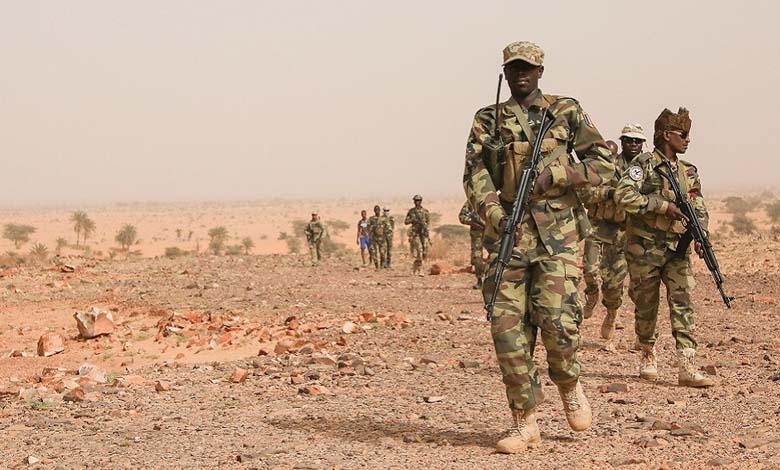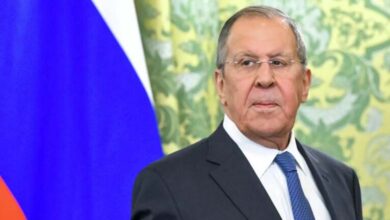Russia’s plans succeed in paving the way for the dissolution of the Sahel Group
Chad and Mauritania, the two remaining countries in the Sahel Group supported by Paris, will implement a provision allowing the coalition's dissolution upon the request of at least three member countries

The Sahel Group, established by France to confront the expansion of jihadists in the Sahel and the African desert, is on the verge of collapse after the withdrawal of several influential countries and the loss of Paris’s considerable influence. Russia is accused of being behind the group’s dissolution.
Chad and Mauritania, the last two countries in the Sahel Group of five, announced on Wednesday the paving of the way for the regional coalition’s dissolution aimed at combating jihadists after the withdrawal of the other three countries.
In a statement, the two countries mentioned that Chad and Mauritania “take note of and respect the sovereign decision” of Burkina Faso and Niger to withdraw from the coalition, similar to what Mali did. The statement added that both countries “will implement all necessary measures according to the founding agreement of the G5 Sahel, especially Article 20.” Article 20 allows the coalition to be dissolved upon the request of at least three member countries.
The G5 Sahel countries were established in 2014, deploying a joint military force to combat terrorism with the support of France. They initiated operations known as “Operation Barkhane” when jihadist threats were intensifying in these countries, which had ill-equipped armies.
However, military leaders in Burkina Faso, Niger, and Mali accused Paris of playing an exaggerated role after years of French presence on their territories. Burkina Faso and Niger announced their withdrawal from all bodies affiliated with the G5 Sahel in a statement on Saturday, stating that they decided to “withdraw from all institutions related to the G5 Sahel, including the joint force.”
Ouagadougou and Niamey added in the statement that “the organization faces difficulties in achieving its objectives. Worse than that, the legitimate aspirations of our countries, represented in making the G5 Sahel region a secure and developed area, are hindered by institutional routine from a previous era, convincing us that our path to independence and dignity does not align with participation in the current form of the G5 Sahel.”
Since the establishment of the Joint Counterterrorism Force, the spread of violence has continued, resulting in the deaths of thousands of civilians and fighters and the displacement of millions.
The dissolution of the Sahel Group will lead to the growing influence of Russia in the region, especially as Wagner Group, Moscow’s private military arm, gains traction, particularly in Mali, where Moscow is believed to be behind the dismantling of the group.
Russia has strengthened its support for Mali’s military council by signing military agreements to support Malian forces against jihadists. Russia has already delivered several combat helicopters and weapons to Malian forces in March, but Bamako, along with other capitals, rebelling against French influence, seeks economic support, especially as Western support in financial and economic aspects has diminished since relations deteriorated with France.
Despite efforts by French President Emmanuel Macron to save the Sahel Group through visits to several African countries, it seems unsuccessful in preventing the group’s collapse.












